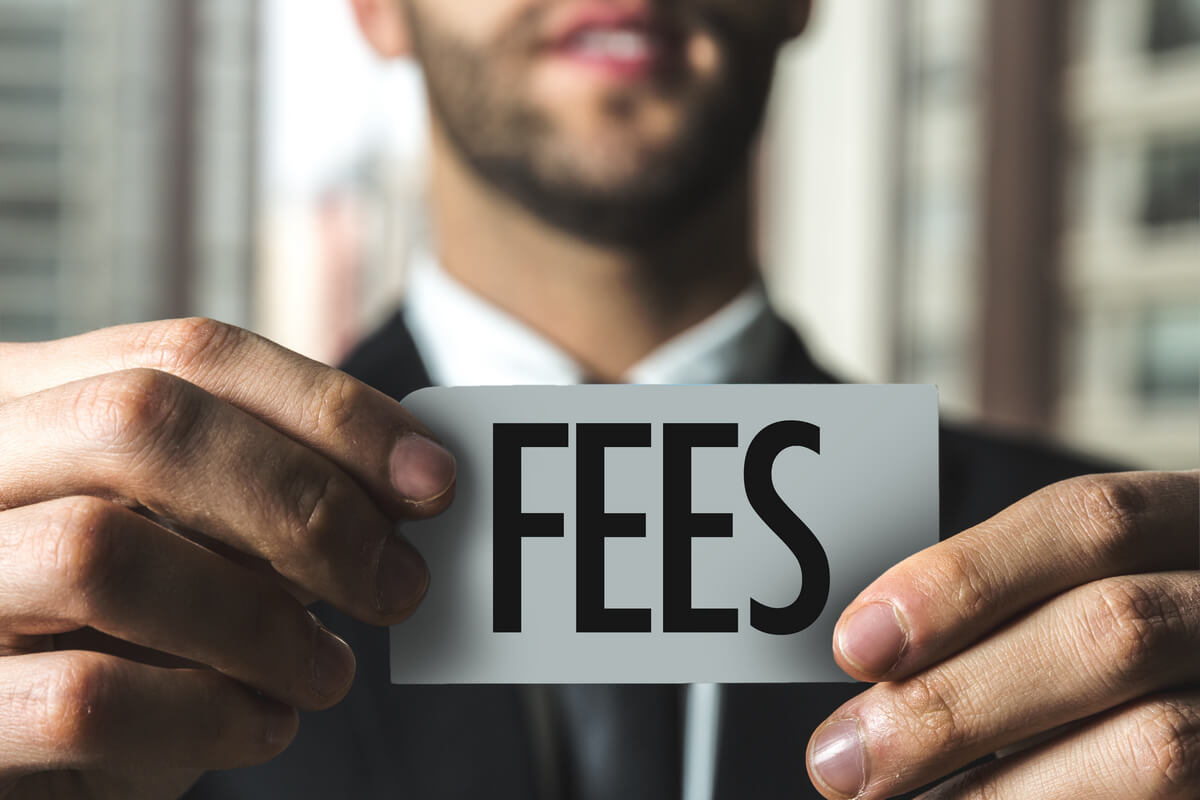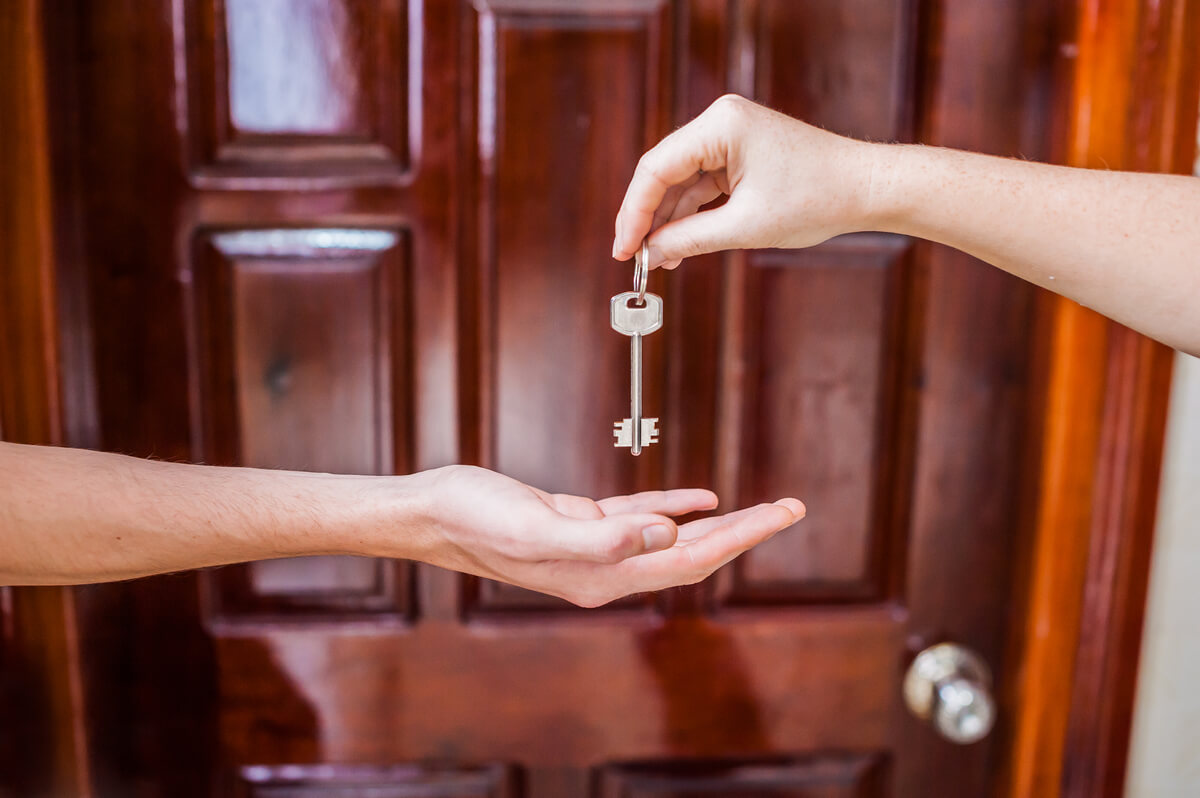Your closing is the moment you officially become the owner of your new home. This is an incredibly exciting experience, but it also can be stressful. The closing is the culmination of months of work and anticipation, so it’s normal to feel overwhelmed.
Preparing in advance is the best way to put your mind at ease and help the process go smoothly. If your closing date is approaching, you should know what to expect during the meeting and what you can do beforehand to get ready.

Fees and Expenses
You should be prepared for all of the closing costs you’ll encounter when you finalize the purchase of your home. Some of the most common fees include an origination fee, appraisal fee, and underwriting fee. You may also have to pay for your credit report and title search.
Closing costs typically amount to 2 to 5 percent of the mortgage loan’s value, but it can vary depending on your individual circumstances. On average, people pay around $5,000 in fees when they close on their home.
Your location can have a big impact on your closing costs as well. Some states and cities charge extra taxes, so you can prepare by looking into fees in your area.
Your lender should provide an estimate of your closing costs well before the closing date. As the day approaches, they should give you an updated amount to bring to the meeting.
You can either roll the closing costs into the mortgage value, or you can pay it up-front. If you pay up-front, you’ll avoid accruing interest on the closing costs.

Timeline
The closing timeline is different for everyone. On average, 30 to 45 days go by between submitting the mortgage application and the closing. As lenders start using more electronic communication, though, this timeline is getting shorter.
Applying for pre approval is a great way to speed up the process. This allows the lender to review your finances, credit history, and other factors in advance, so being officially approved for your mortgage will take less time.
Unfortunately, there can always be obstacles outside of your control that slow down the timeline. The seller of the home may not be able to move out immediately, or there may be mistakes with paperwork. Allow some extra time for these potential issues as you prepare to close on your house.

Parties Present
The exact procedures and people present at the closing can vary based on the laws in your state, county, or city. In almost all cases, though, the buyer, seller, and their real estate agents will be present.
You can also expect the lender providing the mortgage to be there. A representative from the title company, the entity that gives written proof of ownership, should be present as well. The closing agent, who facilitates the closing process, may work either for the lender or the title company.
Attorneys typically attend the closing, too. Sometimes, the closing agent is an attorney. In other cases, the seller, buyer, and lender all bring attorneys to the closing.

How to Prepare
The closing itself is a fairly short meeting, but preparing for the closing can be a lengthy process. There are several key tasks for you and your team to complete before you can close on your new home.
First, you should review all of your contingencies, which are requirements in your contract that must be fulfilled before the sale is final. One of the most common contingencies is a home inspection.
If your inspector finds something wrong with the house, you can request that it be fixed before you close, or you can deny the sale. Inspections usually cost around $400, but the cost is worth it to have peace of mind about the safety and quality of your new home.
An appraisal is another common contingency. Your mortgage lender may request an appraisal so that they don’t lend you more than the value of the home. The appraisal fee is usually included in the closing costs.
You’ll need a number of documents for the closing, and preparing them in advance will help the meeting run smoothly.
You should have your photo ID, a copy of your contract, your home inspection report, and proof of homeowners insurance. Ask your closing agent, attorney, or lender about any other documents you may need.
Avoid changing anything about your employment or financial situation before you close. Lenders sometimes do a last-minute check on your information, and if something doesn’t match their previous records, it may delay the closing.

What Happens During the Closing
During the closing, you’ll review and sign several important documents that will transfer the ownership of the home to you.
The promissory note is your agreement with your lender to make mortgage payments. The deed of trust allows the lender to put a lien on your property if you don’t make payments. The closing disclosure is a detailed breakdown of your mortgage payments, including closing costs and other fees.
You’ll receive a loan estimate, which is a document detailing your loan terms and interest rate. Be sure to carefully read this document and check for errors in the information. If you have any questions or concerns at any point during the closing, resolve the issue before signing anything.
When all the required paperwork has been signed by each party, you’ll provide a certified or cashier’s check that covers the down payment, closing costs, taxes, insurance, and other fees that are due at the closing. Then, your lender will distribute the funds that cover your home loan value to the closing agent.
Unless an unexpected problem arises during the meeting, the closing should take about an hour. Once everyone has signed the required documents, you’re officially the owner of your new home.
The move-in date should be included in the contract, so it’s now time to focus on preparing the house for the move. Store your closing documents in a secure location, and take some time to celebrate this exciting transition.




